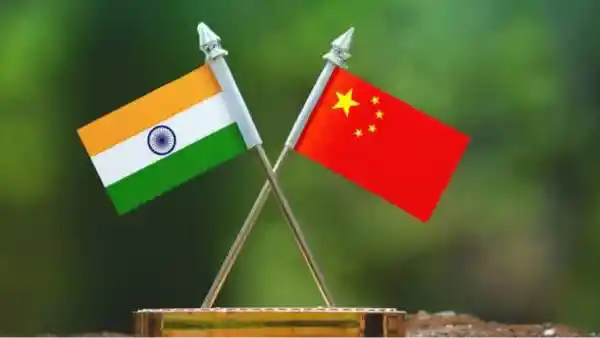India’s electronics industry raises red flag over China’s actions
India’s electronics sector has raised concerns over what it describes as “informal trade restrictions” imposed by China, warning that such measures could cripple the nation’s global competitiveness and threaten its ambitious $32 billion smartphone export target for this fiscal year. According to a report in The Economic Times, industry leaders see these actions as a deliberate attempt to undermine India’s growing prominence as a global manufacturing hub.

ICEA’s urgent appeal to the government
In a letter to the government, the India Cellular and Electronics Association (ICEA)—representing major industry players such as Apple, Google, Motorola, Foxconn, Vivo, Oppo, Lava, Dixon, Flex, and Tata Electronics—stated that China’s measures are “solely aimed at crippling India’s supply chains and undermining its rise as a global manufacturing hub.” The ICEA warned that these restrictions are already causing significant delays and increasing operational costs for manufacturers.
The association stressed that these controls are being implemented in a “planned, sequential manner without any formal notifications, and only through verbal instructions.” The ICEA urged the Indian government to intervene urgently to address China’s latest curbs on capital equipment, critical minerals, and the movement of skilled technical personnel.
“While domestic production remains relatively insulated for now, export-linked manufacturing, projected at $24 billion in FY25 and anticipated to cross $32 billion in FY26, is now at serious risk,” the ICEA cautioned in its letter.
China’s recall of engineers and its implications
Recent reports indicate that China has instructed all Chinese engineers and technicians working at Foxconn plants in India to return home. As reported by Bloomberg, Apple’s largest iPhone manufacturer, Foxconn, has withdrawn over 300 Chinese engineers and technicians from its Indian production facilities. This sudden move has created significant operational challenges as the company prepares for iPhone 17 manufacturing in India.
The withdrawal, which began approximately two months ago, has left only Taiwanese support staff at Foxconn’s Indian plants. Given that a significant portion of mobile phone manufacturing equipment is sourced from China, and Chinese professionals possess critical expertise to operate it, the move could disrupt production schedules.
Government’s response and mitigation efforts
According to a PTI report, government officials stated they are monitoring the situation closely. A government source emphasized, “The government is monitoring the situation. Apple has alternatives, and they should be able to explore ways to handle this. The issue is primarily between Apple and Foxconn.”
While the government remains confident about production targets, industry insiders warn that prolonged disruptions could impact India’s aspirations to become a global electronics manufacturing leader.
